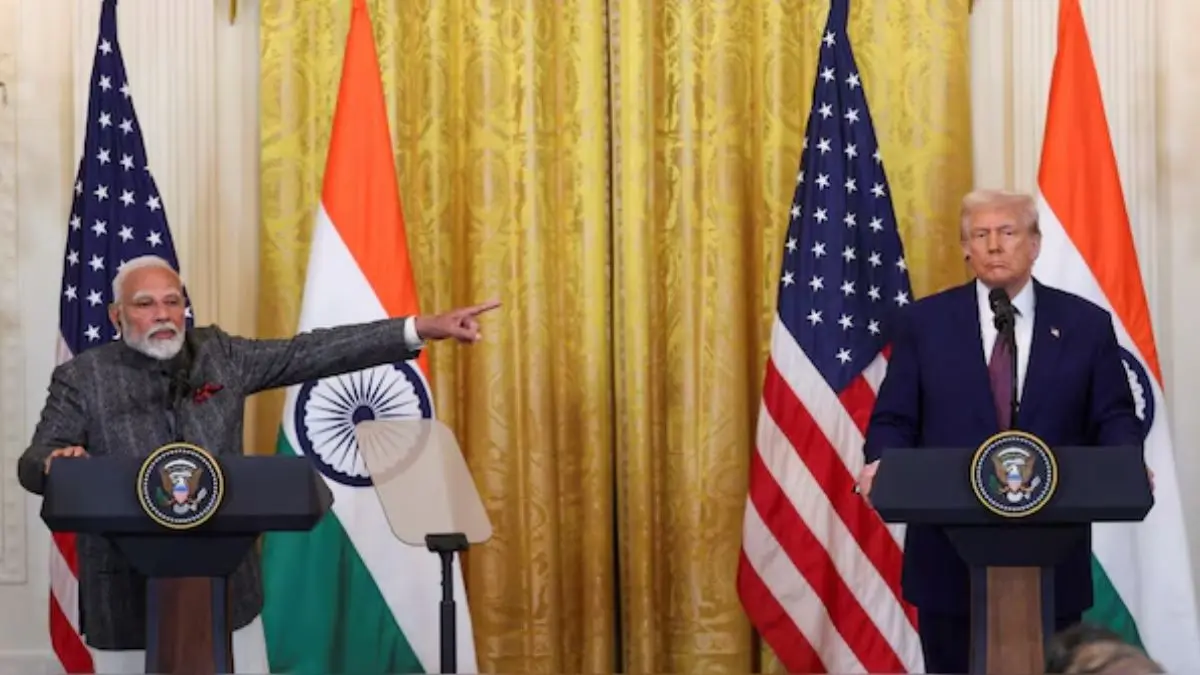
India is considering retaliatory tariffs after the US rejected its WTO notice on steep metal duties.
US Rejects WTO Notice on Metal Tariffs – India is considering retaliatory measures after the United States rejected its formal notice at the World Trade Organization (WTO) regarding steep import tariffs on steel and aluminum. The US has refused to engage in discussions, arguing that its tariff hikes are not safeguard measures, thereby dismissing India’s claims under WTO rules. With tensions escalating, India is now exploring options to suspend trade concessions and impose higher customs duties on American imports, including agricultural products like almonds and walnuts.
Background: US Tariff Hikes and India’s WTO Notice
The dispute began when the US imposed a 25% tariff on all steel and aluminum imports on February 10, citing national security concerns. India formally notified the WTO on May 9, stating its intent to suspend trade benefits granted to the US if the issue remained unresolved within 30 days setting June 8 as the deadline for potential action.
However, the situation escalated further when the Trump administration doubled the tariffs to 50% on May 30, effective June 4. India’s exports of iron, steel, and aluminum to the US valued at $4.56 billion in FY25 are now exposed to sharply higher duties, threatening the profitability of Indian producers and exporters.
US Rejects India’s WTO Notice
On May 22, the US formally rejected India’s WTO filing, arguing that its tariffs were not safeguard measures and therefore not subject to WTO dispute resolution. Washington stated that India’s proposed retaliation was inconsistent with global trade rules and refused to engage in consultations.
“The United States will not discuss the Section 232 tariffs under the Agreement on Safeguards as we do not view the tariffs as safeguard measures,” the US informed the WTO.
This rejection has left India with limited options, forcing policymakers to consider retaliatory tariffs on American agricultural exports and higher customs duties on US-origin metals.
India’s Potential Retaliatory Measures
India is now weighing several options to counter the US tariffs, including:
- Suspending Trade Concessions – India may withdraw preferential treatment for US imports, particularly in agriculture and metals.
- Increasing Customs Duties – Higher tariffs on American almonds, walnuts, and metal imports could be imposed.
- Exploring Alternative Trade Agreements – India may strengthen trade partnerships with EU, ASEAN, and Middle Eastern nations to offset losses.
Trade experts warn that India’s retaliation could trigger a broader trade rift, affecting bilateral negotiations and economic cooperation between the two nations.
Impact on India-US Trade Relations
The escalating trade dispute could have far-reaching consequences:
- Indian exporters face higher costs, reducing competitiveness in the US market.
- US agricultural exports to India may decline, affecting American farmers.
- Diplomatic tensions may rise, complicating ongoing bilateral trade negotiations.
Despite these challenges, India remains committed to protecting its economic interests and ensuring fair trade practices under WTO rules.
Conclusion
India’s response to the US tariff hikes marks a critical moment in global trade relations. As Washington refuses to engage in WTO discussions, New Delhi is preparing retaliatory measures to safeguard its economic interests. Whether India follows through with higher tariffs or opts for diplomatic negotiations remains to be seen, but the trade standoff is likely to shape future India-US economic policies.
Also read – France Bold Move: Smoking Ban in Public Spaces to Protect Children from July 1
1 thought on “India Weighs Retaliation as US Rejects WTO Notice on Metal Tariffs”